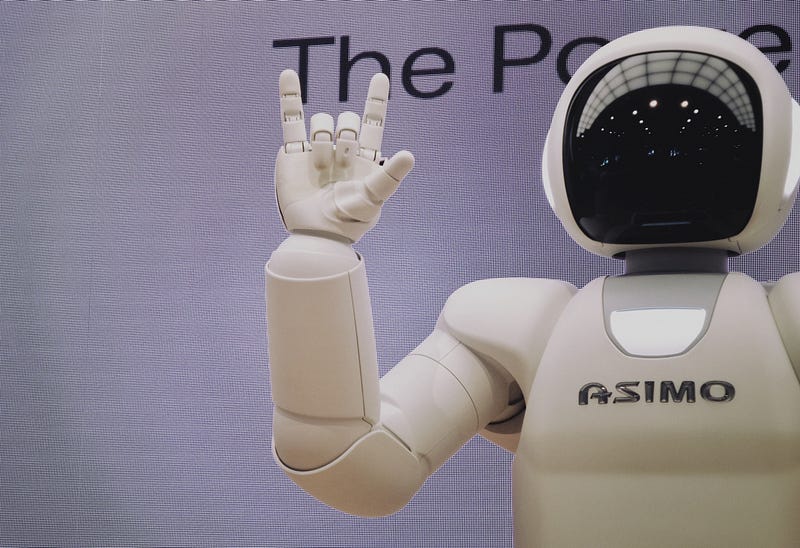# The Future of Work: Exploring Life Without Employment
Written on
Chapter 1: The Changing Landscape of Work
The documentary "After Work" presents a thought-provoking exploration of a world where work as we know it may soon disappear. Recent projections suggest that machines could replace up to 50% of jobs.

A study from the US Travel Association's Project Time Off revealed that in 2018, 55% of American workers forfeited numerous paid vacation days they were entitled to, resulting in a staggering loss of 768 million vacation days. This equates to approximately $65 billion in unclaimed benefits, averaging out to about $571 per employee.
In South Korea, Labor Minister Kim Joung Joo has initiated a campaign aimed at combating excessive work hours. The consequences of grueling 14-hour workdays have led to severe health issues, including a rise in stomach cancer and alarming suicide rates. As Minister Kim states, “Families are disintegrating, and unhappiness is spreading.”
To encourage employees to leave work before nightfall, South Korea has implemented an automatic computer shutdown system at 6 PM, dubbed the “Right to Rest.” This initiative has successfully reduced weekly work hours from 68 to a maximum of 52.
The documentary "After Work," which premiered in theaters on June 15, captures the irony of a society—especially in the West—that has long placed work at the core of its identity, now grappling with the potential "death" of millions of jobs.
Chapter 2: The Role of Automation in Job Displacement
Directed by Italian-Swedish filmmaker Erik Gandini, known for documentaries like "Videocracy," "After Work" examines the predictions made by Oxford researchers in their 2013 report "The Future of Employment." They forecasted that artificial intelligence would lead to the elimination of numerous professions within two decades.
Their predictions are proving alarmingly accurate, with estimates suggesting that within the next decade, 47% of American workers may be replaced by machines that, once developed, will incur no employment costs. For instance, chatbots are expected to take over 99% of telemarketing roles, while 97% of cashiers could be replaced by automated payment systems. Even drivers face a daunting 89% risk of job reduction.
The pressing question remains: how will those displaced from their jobs maintain a dignified life? One proposed solution is the universal basic income (UBI), suggesting a minimum payment of €1000—or more, based on local living costs—for doing nothing. However, the question arises: will such a system foster happiness and satisfaction? As historian Yuval Noah Harari articulates, “Being irrelevant is worse than being exploited.”
Chapter 3: The Paradox of Work in Modern Society
We encounter a perplexing contradiction in today's world: while some individuals are overworking, as evidenced by American and South Korean workers, others are trapped in exploitative conditions, such as migrants facing semi-slavery.
"After Work" dedicates a chapter to Italy, where a concerning phenomenon has emerged: NEETs (Not in Employment, Education, or Training). Italy holds the highest rate in Europe, with 28.9% of individuals aged 20 to 34 disengaged from work, education, or training, starkly contrasting the EU average of 16.5%.
The documentary also highlights Kuwait, where, due to its wealth, many citizens enjoy nominal public employment without real tasks or the threat of dismissal. According to the WHO, Kuwait is the least physically active country globally, despite its citizens being well-compensated. This scenario represents a unique experiment in UBI, albeit one that requires adapting to a form of "simulated" work.
Could this be a viable solution for a future where many may become obsolete? Unfortunately, the documentary offers little in the way of hopeful solutions.